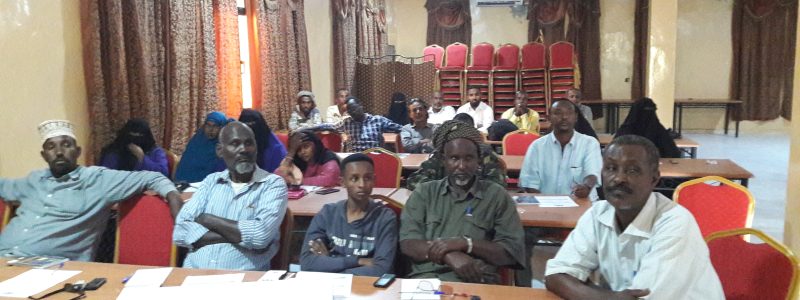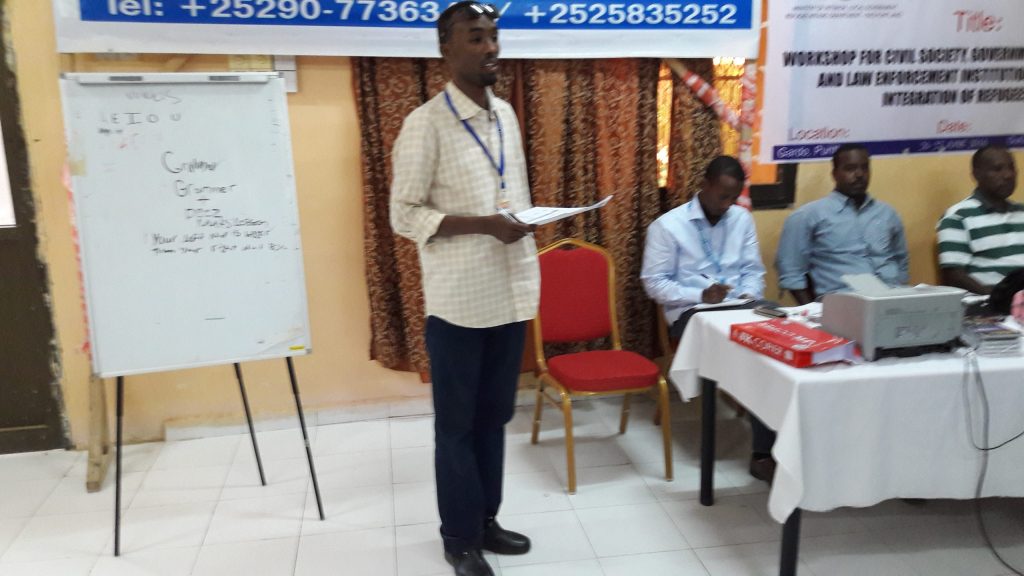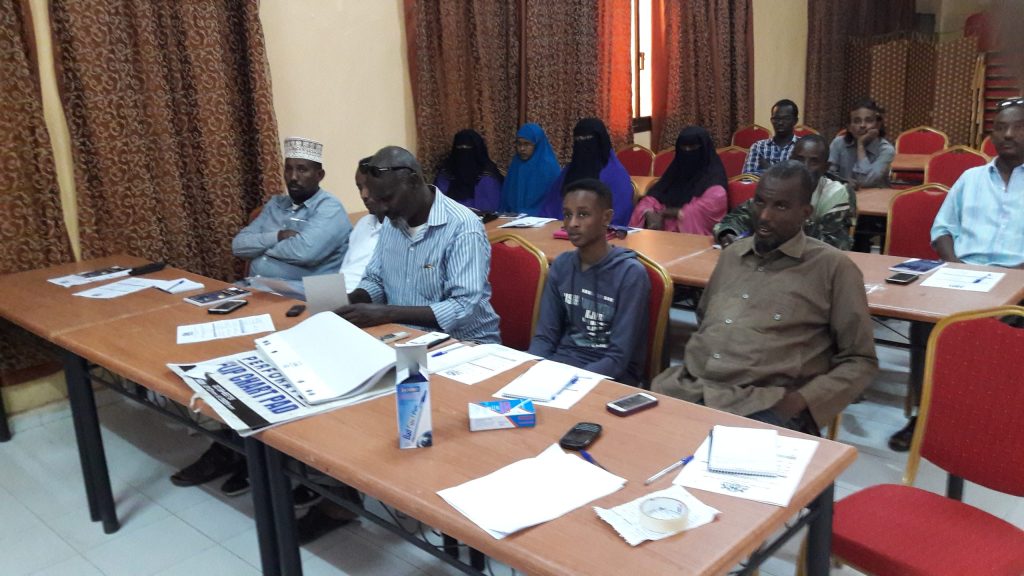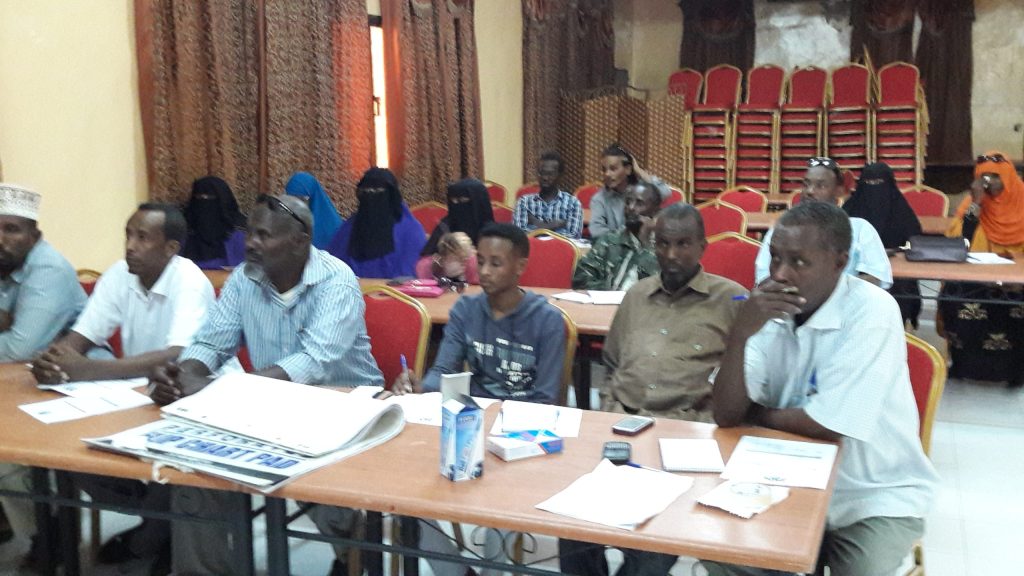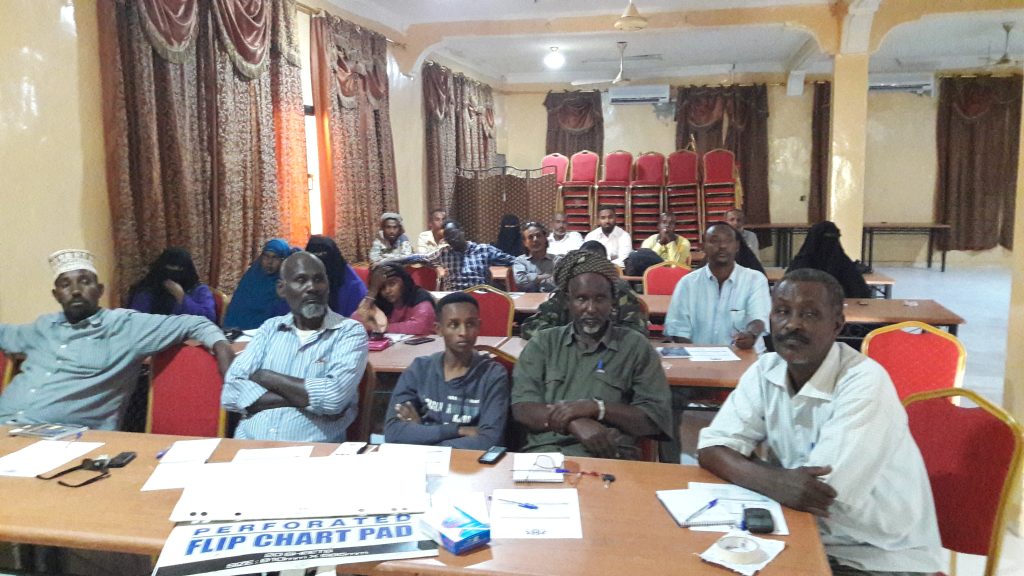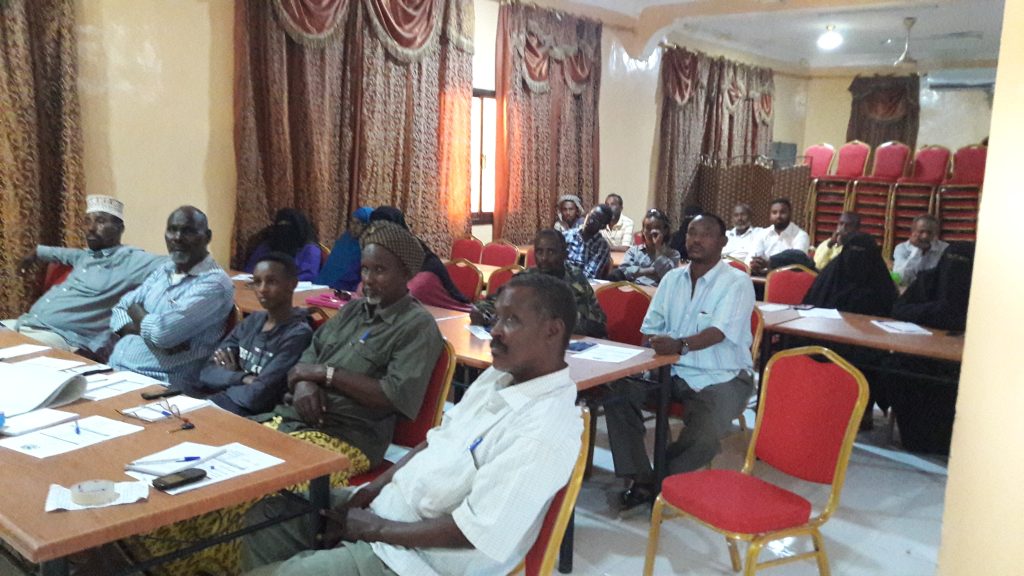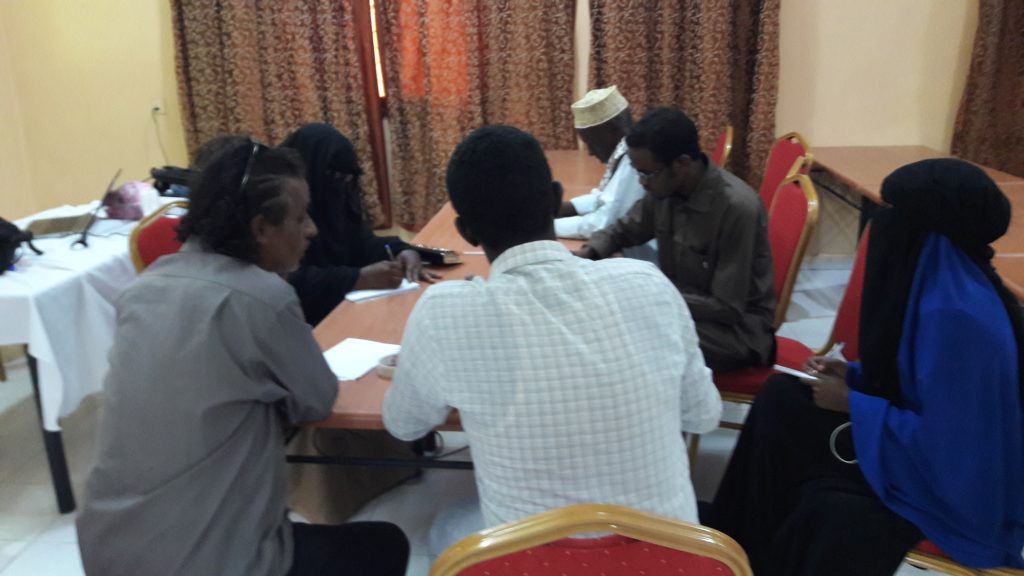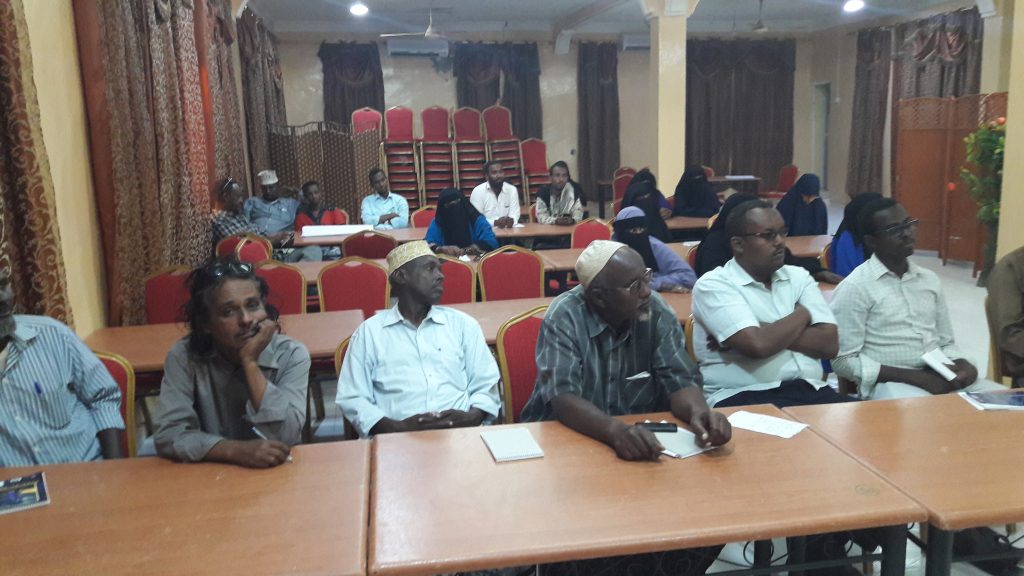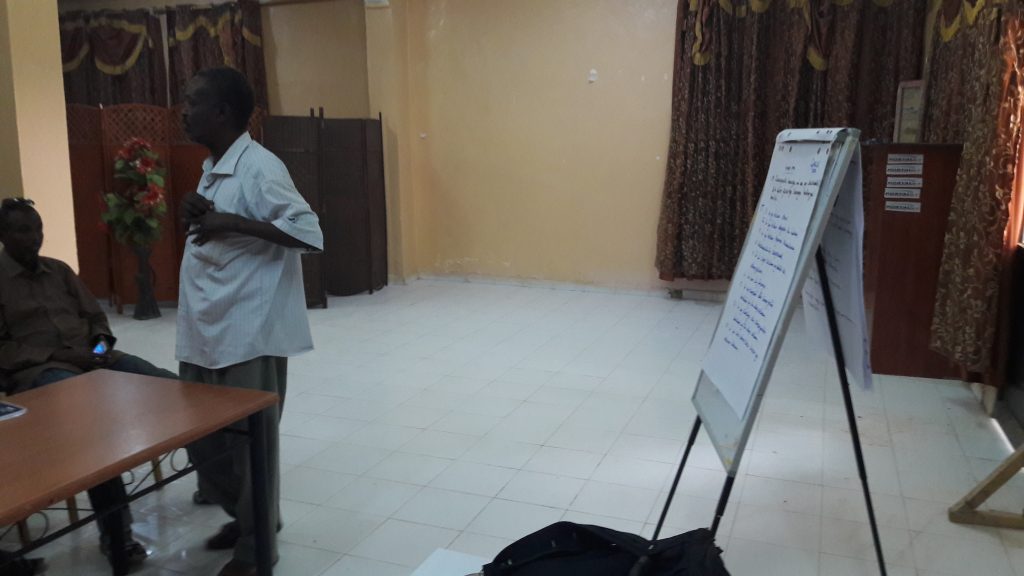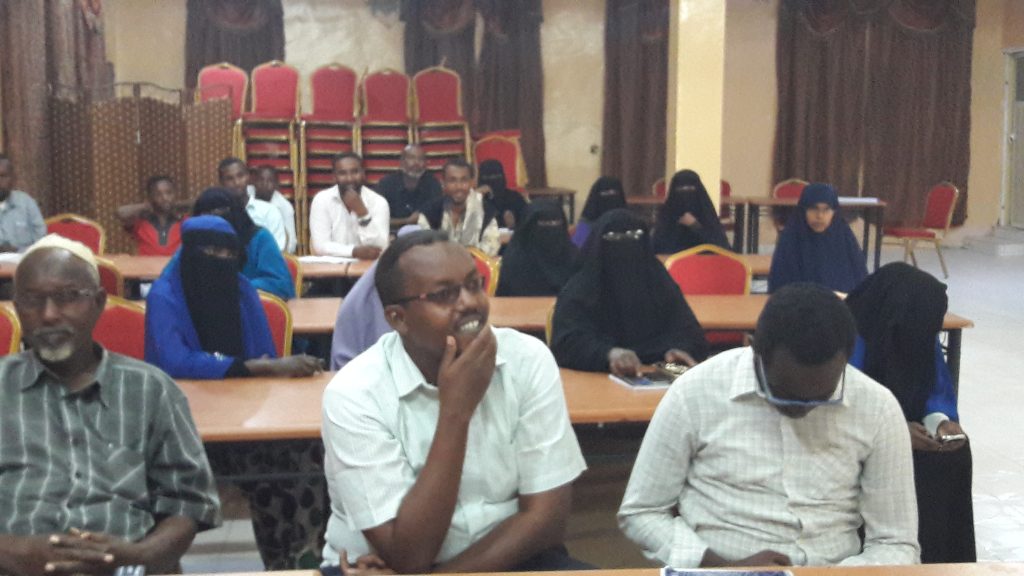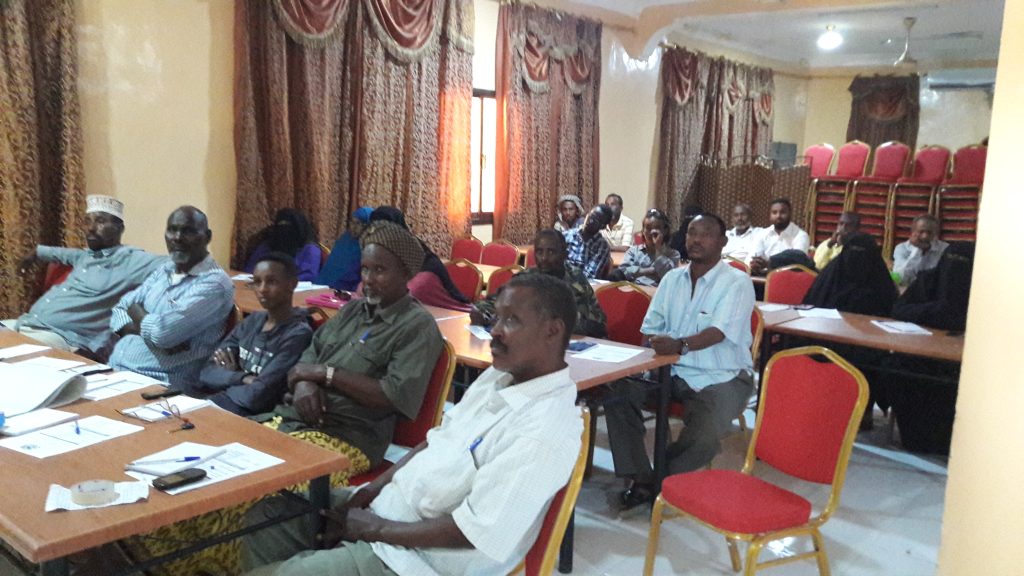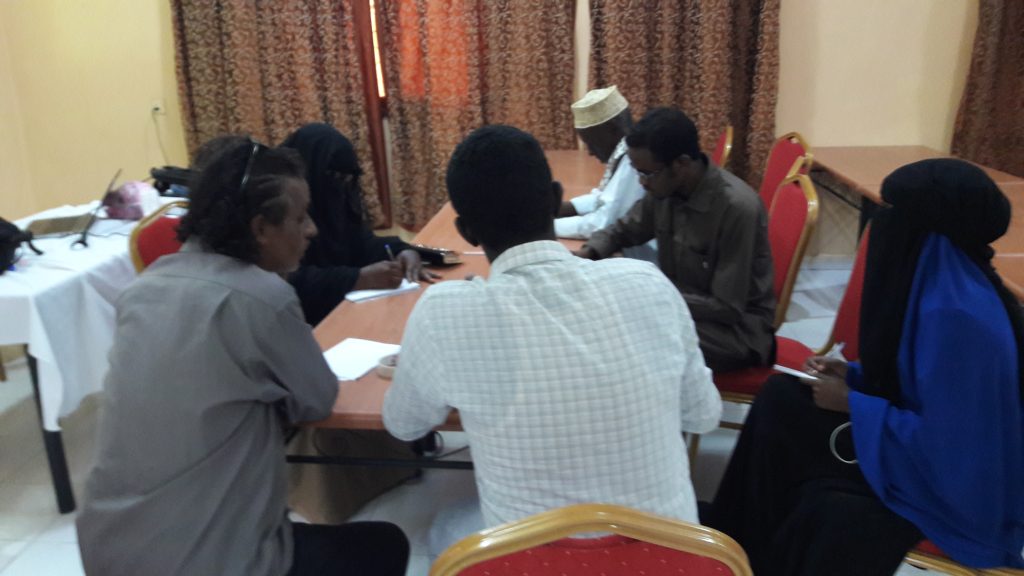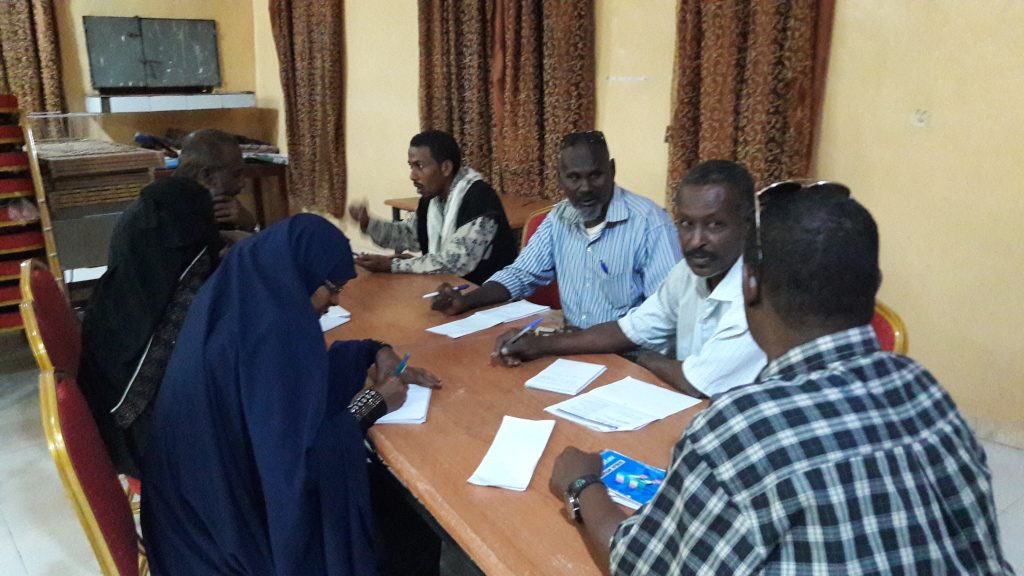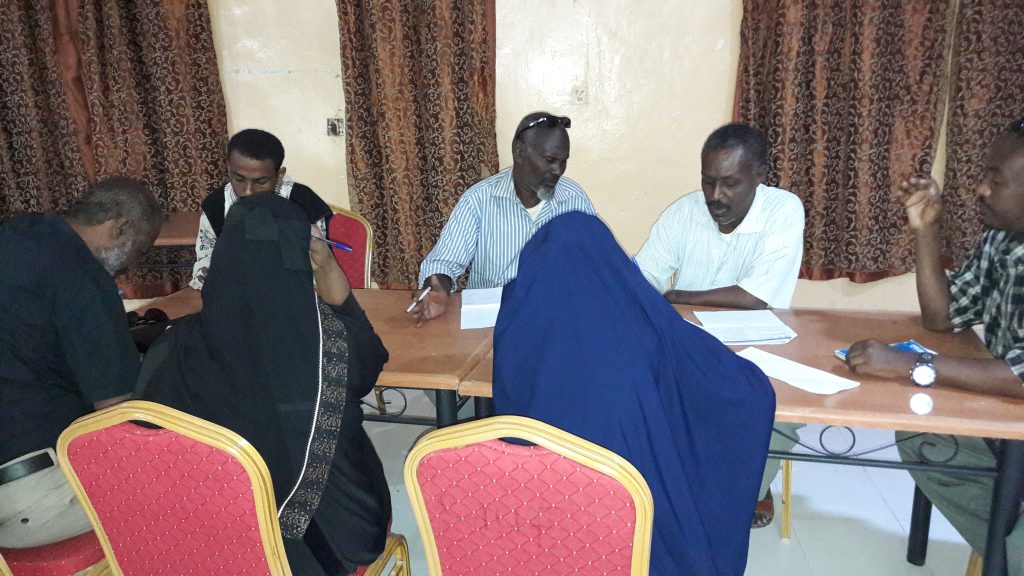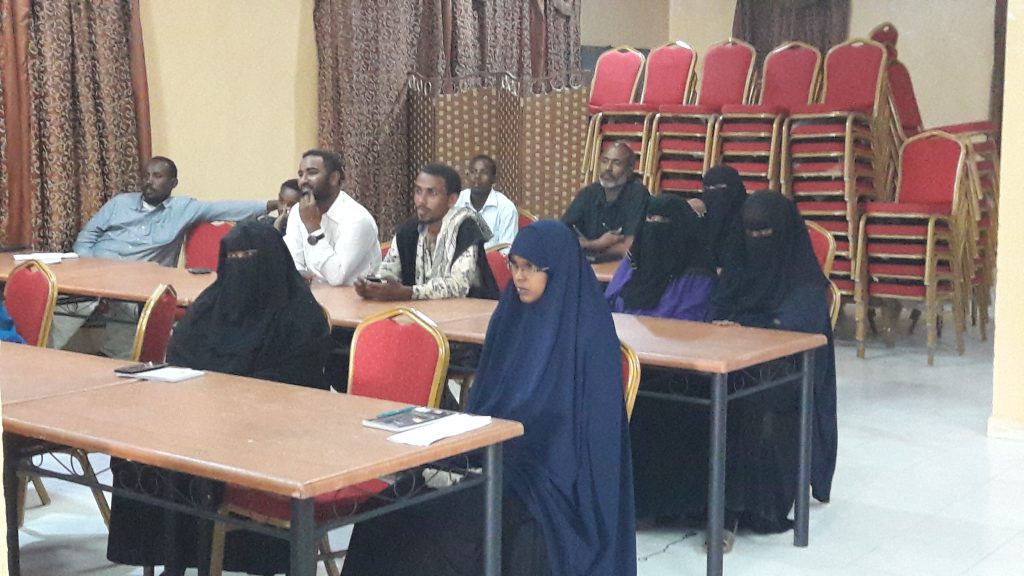In the occasion of commemoration of International Day for Universal Access to Information, Bareedo Platform commends the Puntland Parliament’s positive move toward adopting and practicing openness of information to the public, the first move ever in Somalia. Puntland parliament is one the three legal structures of Puntland government founded in August 8, 1998 as an autonomous state government after collapse of Somalia’s central government in 1991. Puntland parliament practiced a culture of limited openness to the public and less engagement of citizens in the parliamentary work to improve access to information, accountability and transparency.
Puntland citizens were hard to find or know what their representatives do, the media coverage of the opening session in the first day of parliament’s scheduled sessions has been the only information that public could heard. In an online poll conducted by Bareedo Platform in 2019 indicates that 89% of the citizens unaware of and not familiar with the parliament’s work, sessions and proceedings. And 81.5% of respondents said they are curious to know information and work of the parliament to ensure that they are fulfilling the mandated work and not pursuing their own interests.
Bareedo Platform advocated openness of the parliamentary information and engagement of citizens in the parliamentary work to improve parliamentary accountability and transparency in Puntland as well as citizens’ right to know to ensure that their representatives are working for their benefit and not pursuing their own interests.
In November 14, 2021, H.E. Abdirashid Yusuf Jibril, a member of the parliament and former Presidency’s Information and Communications Director is elected as the new Speaker of the Parliament. Mr. Jibril who had understanding of this matter quickly moved to establish a communication office for the parliament first time and appointed Abdiweli Hassan Abdi “Gooni” , a well-known journalist and long-time media practitioner as the director of the new office.
Mr. Abdi quickly proceeded to lying foundations of the Parliament’s Communication Office and created a website where all parliament work, information and legal documents are openly available to public as well as created social media pages such as Facebook, Twitter and Instagram where parliament information and updates are constantly published. From 2020, the parliament’s work, information, meetings and reports become available to the public first time ever in Puntland and generally Somalia. And public began to follow, discuss and comment on parliament’s discussions, proceedings and reports first time ever though they are hardly engaged.
“I have started the office from scratch and with no single support available for such activities. I have put priority on establishment of the parliament’s public information channels such as social media pages, a website as well as recruitment and training of a competent team to work with me in delivering of the office’s mandate” the Parliament’s Director of Communications Mr. Abdiweli Abdi said.
“Before this office, people couldn’t know what their representatives are doing or what is going in the parliament, but now I’m proud of that Puntland people and generally Somali people are fully aware of and follow the parliament’s daily work more than ever.” Mr. Abdi added
“I’m now fully aware of the parliament’s sessions, live discussions and schedules, something limited before now. I feel happy for seeing parliament’s work on daily basis while their sessions are ongoing…” a member of Puntland Diaspora Mr. Ahmed Jama said.
“Since 1998, the parliament has been endorsing countless legal documents and policies and has been hard to find single copy of these documents, but now I can download these documents from the parliament’s website easily..” A lawyer and social rights activist Mr. Sharmake Nur said.
This is an impressive and positive move forward in the face of the looming access to information situation in Somalia, but there is still more need to be done and looking forward to adoption of access to information laws to fully absorb the people’s right to know and access the information without barrier. Bareedo Platform also calls for other states and the federal parliament in Somalia to follow suit.






